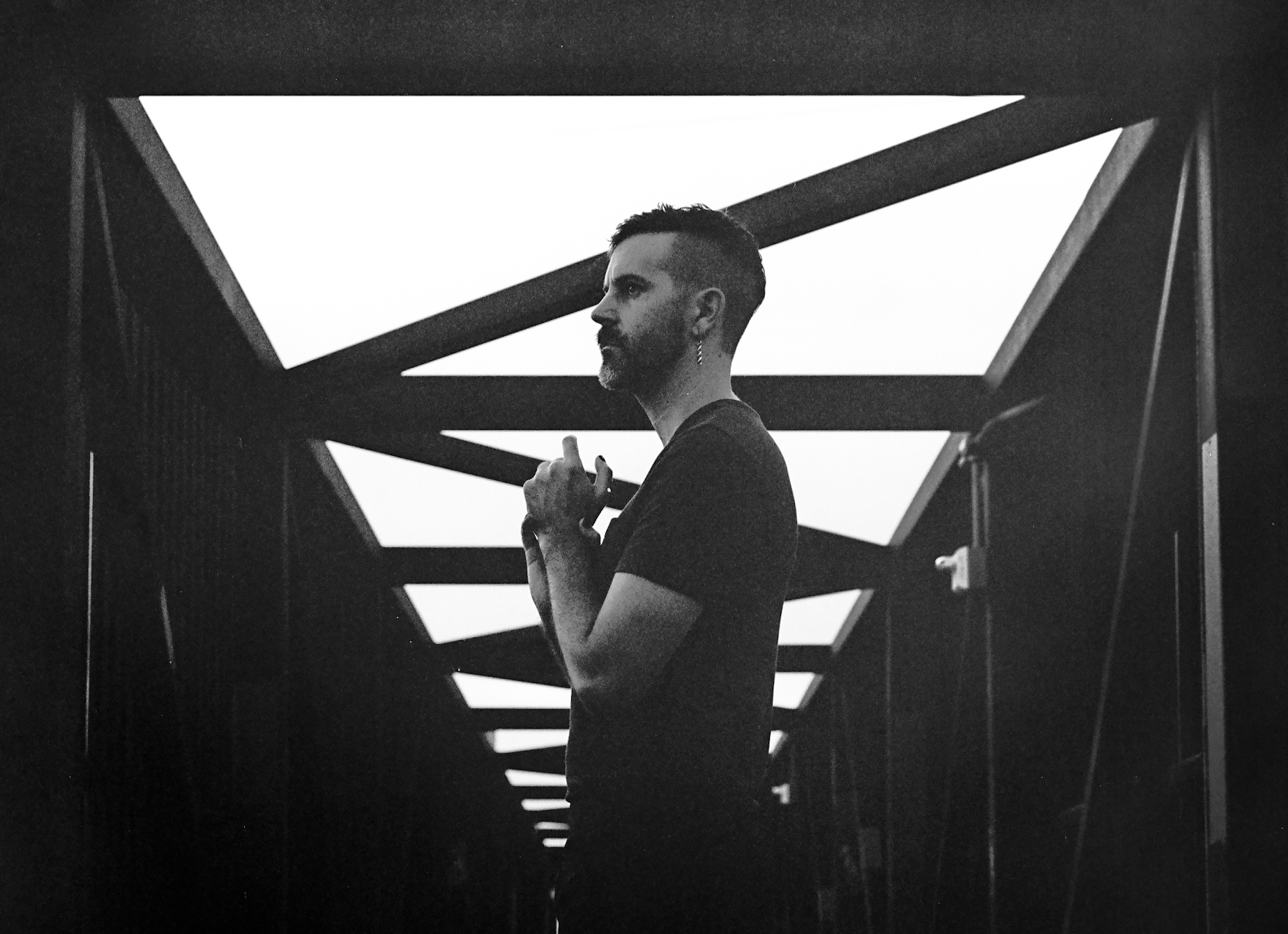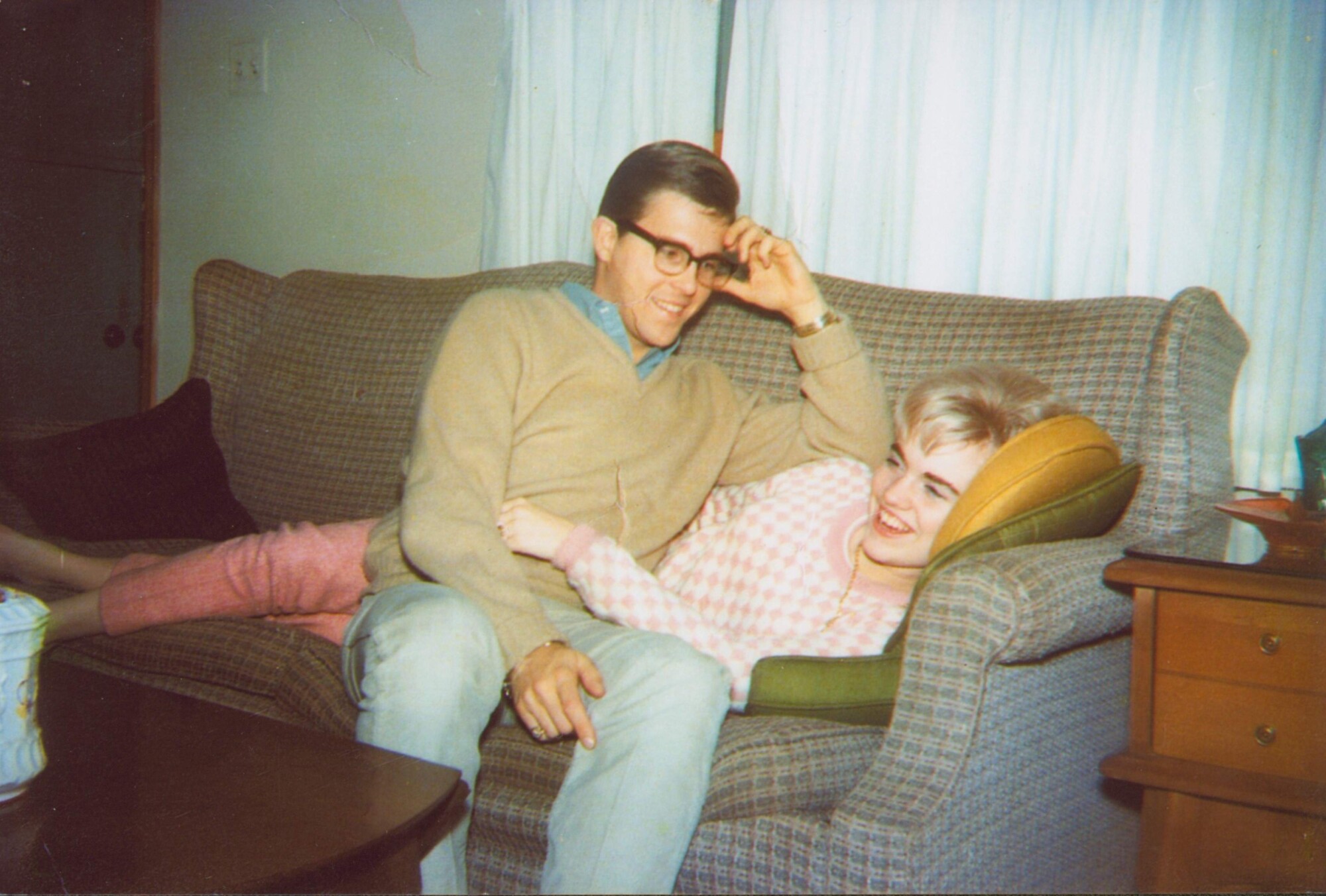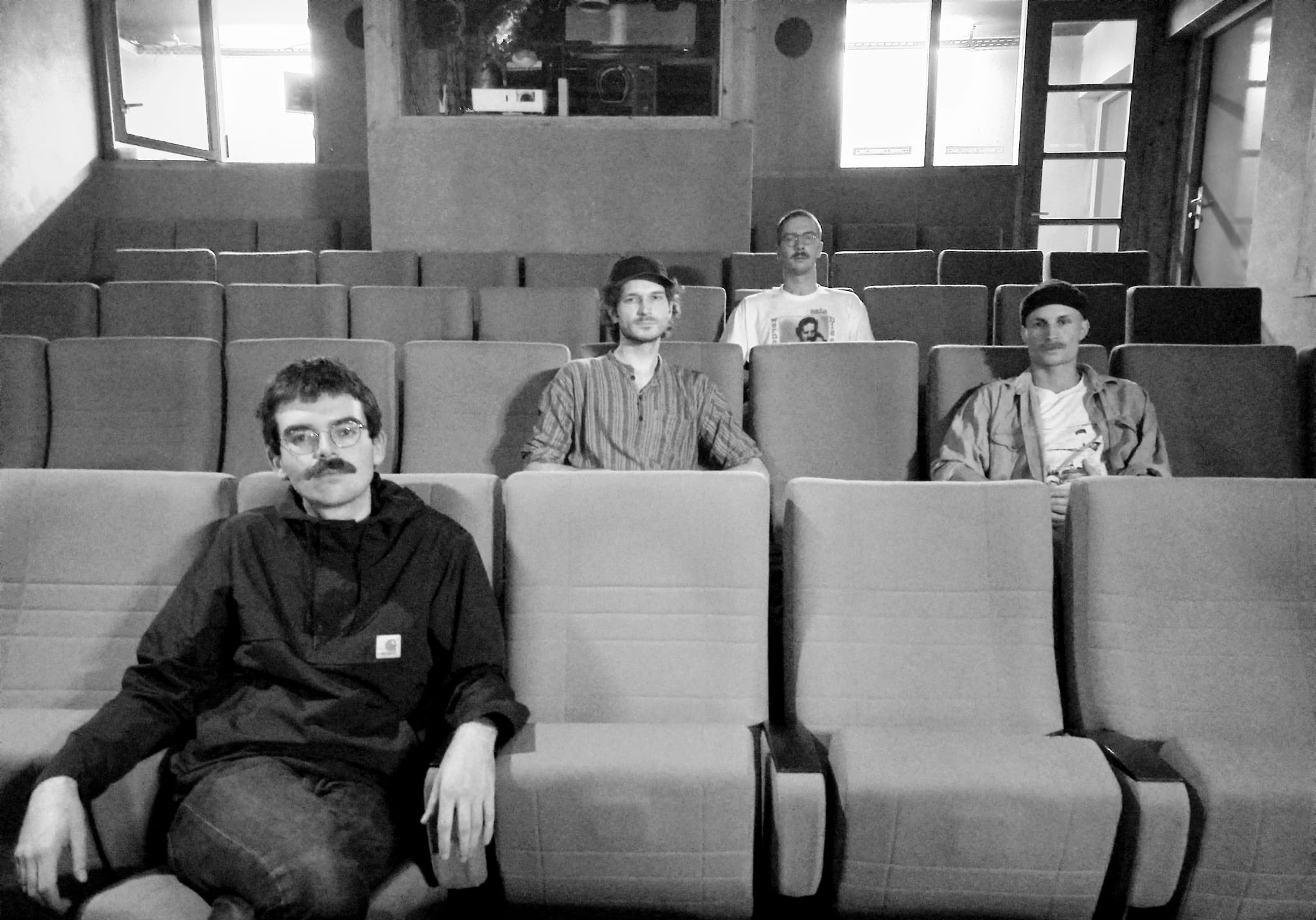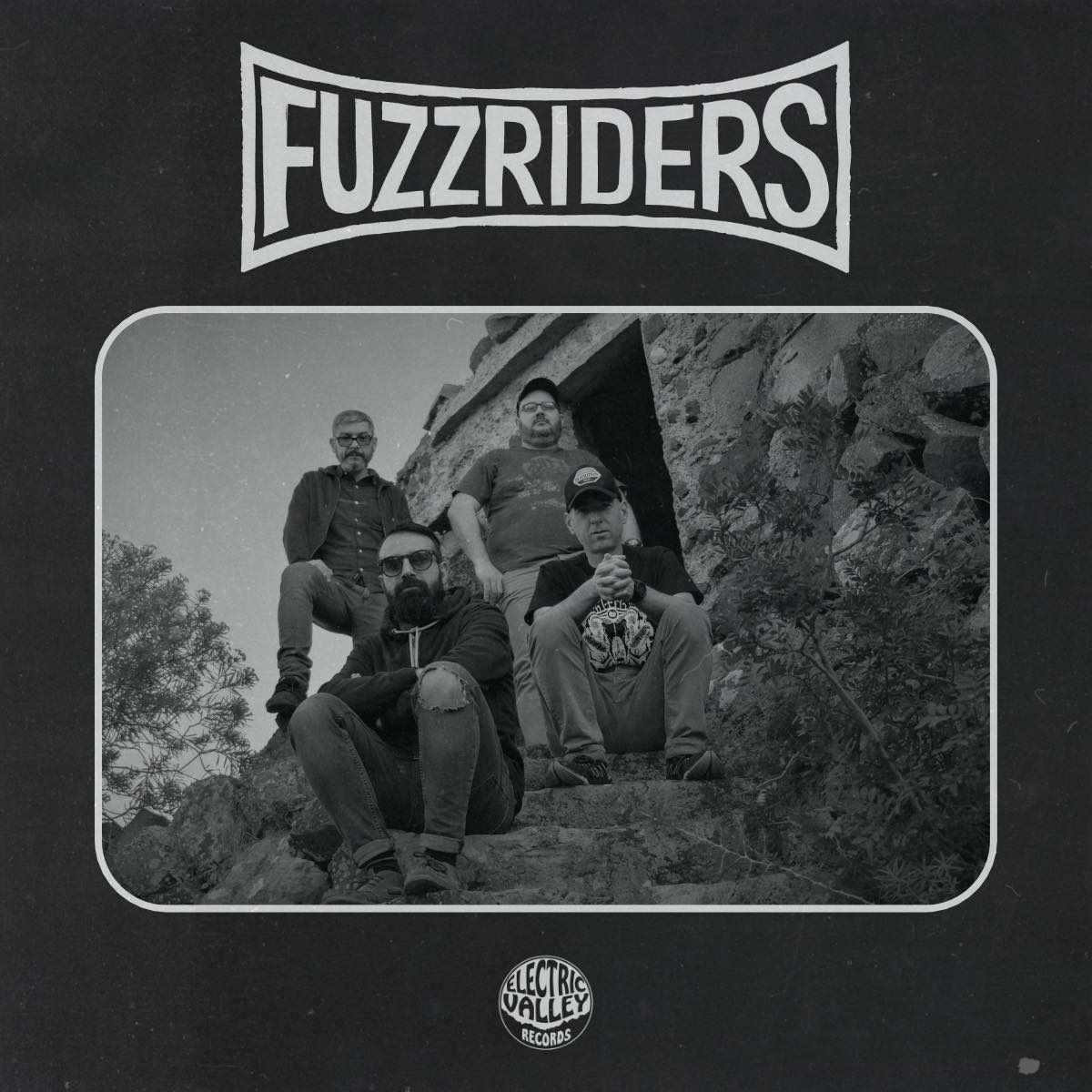Reid Willis | Interview | New Album, ‘Sediment’
Reid Willis is releasing a new album via Mesh today. ‘Sediment’ is a carefully arranged collection of disparate movements, joined and made whole by tendinous themes of birth, erosion, decay and triumphant renewal.
Following ‘Mother Of,’ Reid Willis’s previous album released on Mesh, ‘Sediment’ is yet another collection of songs propelled by ideas of rebirth and reinvention. The delicate melding of seemingly disparate sounds echoes the natural phenomena of changing states–of decaying and eroding matter that over time is not lost, but pulverized and transformed into something new. In his exploration of polarity, Willis is thoughtful with his symphonic arrangements, leaving spaces within the chaos of sharp, electronic pulses for soft, dreamlike piano melodies that carry the listener from one extreme to the next.
We are only a few days away from the release of your upcoming album ‘Sediment.’ Are you excited?
Reid Willis: I’m incredibly excited. I actually began working on ‘Sediment’ before the release of my last album, ‘Mother Of,’ so aside from a little tweaking and fine-tuning, the project has been finished for a while now. It will be a huge catharsis to finally officially release it.
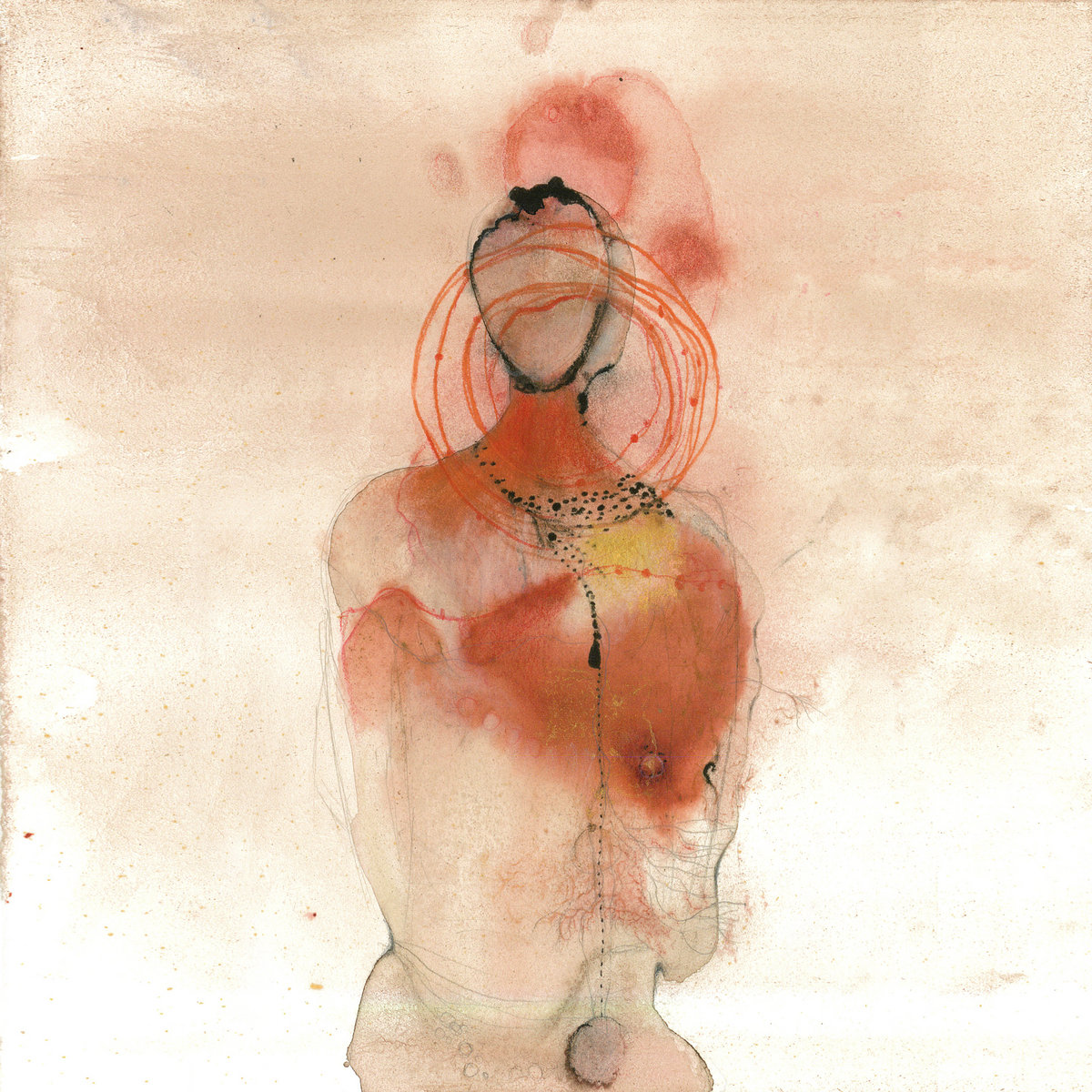
Can you tell us about the recording and production side of how the album came together. It sounds somewhat analog/organic and electronic at the same time.
I always sit somewhere between the analog and digital world with everything I create. The human imperfection and unpredictable nature of a live instrument will never be 100% replicated by digital software, even with all of the incredible advancements in music technology. On the other hand, there is a haunting coldness and precision to a synthesizer that brings an alien quality to a composition, which is sometimes missing in a fully analog piece of music. I like to have a foot in each world, where familiarity and discovery are one and the same. As a classically trained pianist, piano is almost always present in my music. It’s a kind of thread that binds everything together, or a lantern that guides the listener through an unfamiliar musical landscape. I’m not reinventing the wheel, but the combination of classical instrumentation and digital manipulation and sound design has always been at the forefront of my music.
Do you see any parallels between ‘Sediment’ and your previous album ‘Mother Of’?
‘Sediment’ isn’t a continuation of ‘Mother Of,’ but rather its other side. My previous album had a vast, macroscopic vantage point. I wanted ‘Sediment’ to be somewhat of a continuation but focused more on what is near and right at your feet. It’s a record with a bit more earth and body. With ‘Mother Of,’ I was focusing on the concept of acceptance as a reaction to the unknowable. I feel like I’m still focusing a lot on acceptance of the inevitable in ‘Sediment’. This album looks at corrosion and loss as a form of metamorphosis, as opposed to something that can never be recovered. The musical palette in both albums is similar, but I wanted to give all of the rhythms in ‘Sediment’ a gravelly texture that felt like rocks crumbling and tectonic plates shifting.
How do you approach making an album? Do you work by a certain pattern, or does it depend on the situation?
When I write, I’m usually focusing on what inspires me at that exact moment and running with it. I’m always album-focused when I start on a new project, because I still feel like the album is the most fulfilling form of creative expression for me. When writing a song, I usually get an intuitive feeling about where it will fit within the context of an album. For example, I’ll be working on a song that feels like a Track 6. I’ve always been obsessed with track orders and how a certain number represents the song. I will sometimes change around the tracklisting a bit, but for the most part, the track number will remain, because I just know it’s right for that moment in the album.
As for album themes and overarching ideas, that comes after the album is nearing completion. I can’t make sense of what all these tracks mean or how they connect to each other until I can take a step back and get an aerial view of the collection. Then a project’s themes, colors, and emotional ties all start coming together. There are also times when I come up with a song title or collection of words that I find evocative or phonetically pleasing, then I’ll write a song that matches that title.
Where does your inspiration come from?
It comes from different places. Sometimes when I’m watching a movie, a certain scene or minor lighting detail will spark some kind of feeling or world that I want to create musically. Other music is also very inspiring to me. I love trying to figure out new production techniques by listening to artists who are achieving new sounds that blow my mind.
New instruments and software are also a huge source of inspiration for me. My ears get accustomed to a certain sound very quickly, and I can get writer’s block until I find a new sound source to make my ears prick up again.
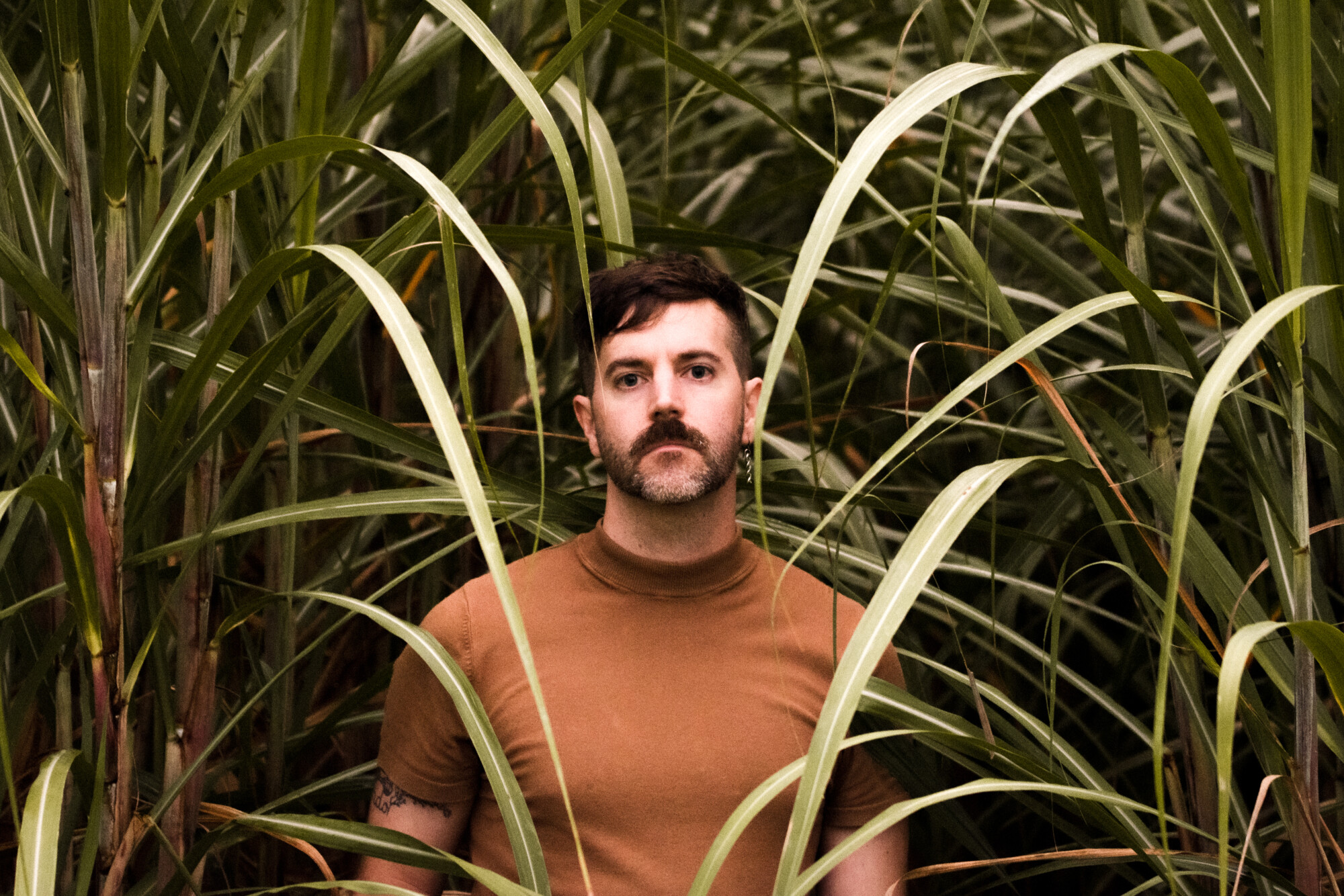
Let’s end this interview with some of your favourite albums. Have you found something new lately you would like to recommend to our readers?
A few albums that I will always come back to as a source of inspiration are Clark’s ‘Body Riddle,’ Low’s ‘Double Negative,’ and Bjork’s ‘Vespertine’. They are albums that feel like the artists were just at their most creatively charged.
Thanks to my label-mate Rob Clouth, I was introduced to Kimyan Law and his track ‘Seven Ant Foley’. His album ‘Yonda’ is an incredibly creative take on drum & bass and has been on heavy rotation lately.
Klemen Breznikar
Reid Willis Official Website / Facebook / Instagram / Bandcamp / YouTube
Mesh Official Website / Facebook / Instagram / Bandcamp

